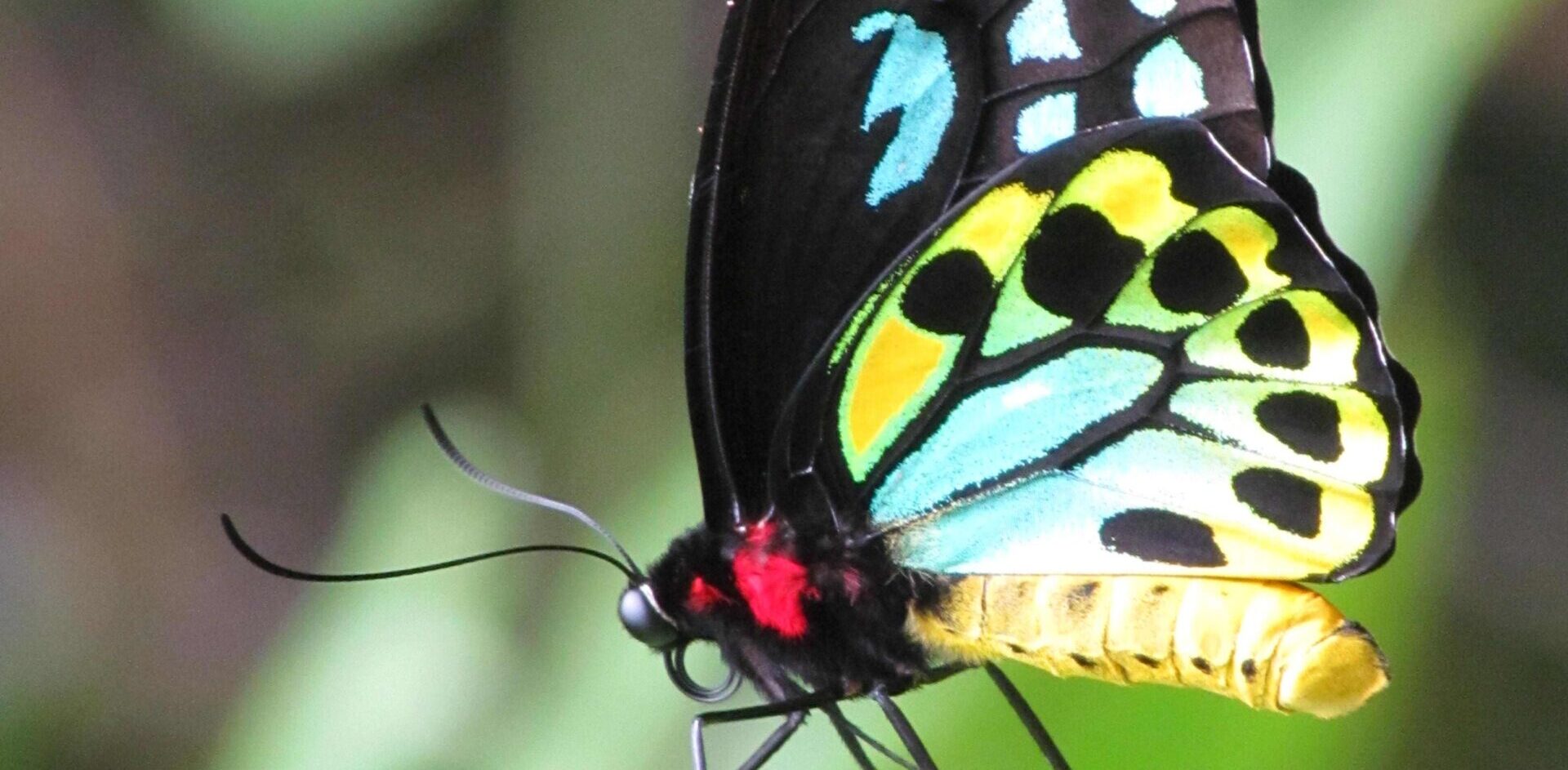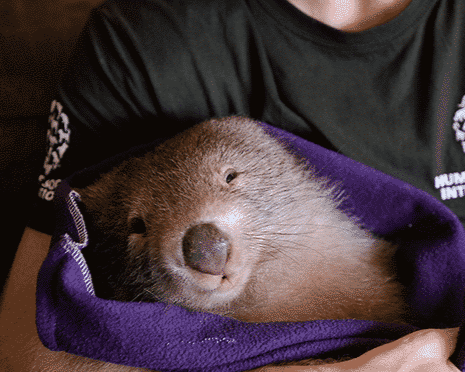The Newsletter of Humane World for Animals' Wildlife Land Trust • Issue 30 • 2025 Read More
One of the most painful mutilations inflicted on livestock is ‘mulesing’, a procedure endured every year by over 10 million Australian Merino lambs bred for wool. That’s about 19 lambs every minute and Australia is the only country practicing it.
Consumers and brands are shunning the painful practice, with momentum building in favour of improved conditions for farm animals.
You can find out more by watching our new non-graphic animation that explains what mulesing is and how you can help spare millions of lambs from this widespread mutilation.
Named ‘mulesing’ after sheep farmer John Mules who developed it almost a century ago, this out-dated practice is used to protect lambs from flystrike, undoubtedly a terrible condition which can be fatal. Mulesing uses shears to slice off strips of wrinkled skin around the lamb’s rear end, creating smooth scar tissue that’s unattractive to flies, thereby preventing flystrike.
But preventing one painful problem with another painful problem is not the answer. Through better breeding, farmers can produce plain-bodied sheep without the wrinkles that make sheep prone to flystrike. These sheep are naturally resistant to flystrike and produce quality non-mulesed wool – a win-win for both the sheep and profitable for wool growers.
To help shoppers find non-mulesed wool, Humane Society International is pleased to introduce a new mobile version of our Better Wool Guide, available to download to your mobile phone and use on-the-go. Not only does our new Guide list brands with a position against mulesing, it also awards a ranking to each brand so consumers can easily identify the best and most welfare friendly choices.
We have been busy engaging with brands worldwide to encourage them to incorporate a phase out of mulesed wool in their Animal Welfare Policies, and advise on the best and most credible certification schemes to verify their wool supply chain is truly non-mulesed. Those with the most stringent animal welfare protections include the Responsible Wool Standard (RWS), ZQ Merino, and New Merino, guaranteeing the non-mulesed status throughout the supply chain.
Those ranked in 1st place include 73 brands that have either already phased out mulesed wool completely such as Patagonia or Kathmandu, or they have a time-bound commitments to phase it out verified through a robust certification scheme – these brands include H&M, Country Road, David Jones, Myer, Target, Kmart, and Gorman. Other brands such as New Look, Victoria’s Secret and PINK refuse to source Australian wool altogether to avoid supporting this cruelty.
There are 36 brands ranked in 2nd place – these brands have made a commitment opposing mulesed wool, but with no specific timeline set or with a less robust certification scheme to ensure their wool is non-mulesed. These include brands such as SABA, Sportscraft, JAG, Aldi, Lululemon, and Muji.
Brands in 3rd place have a position against mulesing but lack a time-bound commitment, or they are yet to share details of how they verify their non-mulesed wool. These 5 brands include Adidas, Levi’s, Mango, Nike, and Zara. The fact that all of these brands have made a stand against this painful and outdated practice is so commendable, and sends a strong message to industry that the days of mulesing lambs are numbered.
The fact that altogether 114 brands have made a stand against this painful and outdated practice is so commendable, and sends a strong message to industry that the days of mulesing lambs are numbered.
If you know of other brands which aren’t listed but do have a position on mulesing, be sure to let us know so we can chat to them and add them to our Better Wool Guide.
Transparency is key. Consumers don’t want the wool pulled over their eyes! Our Better Wool Guide helps Australian shoppers who still wish to buy wool to make better choices for lamb welfare, supporting brands with policies that oppose mulesing and driving demand to end one of Australia’s most controversial farming practices.
With your help we are getting ever closer to a non-mulesed future for millions of Australian Merinos.
Georgie Dolphin is a passionate animal advocate and has been part of the team at Humane Society International since 2012. She grew up on a farm in the UK and gained an honours degree in Animal Science at Leeds University. In her role as Program Manager for Animal Welfare, Georgie’s responsibilities include campaign work on donkeys, farm animals, free range food labelling, and the fur trade, as well as the operation of the organisation’s true free range program, Humane Choice.


